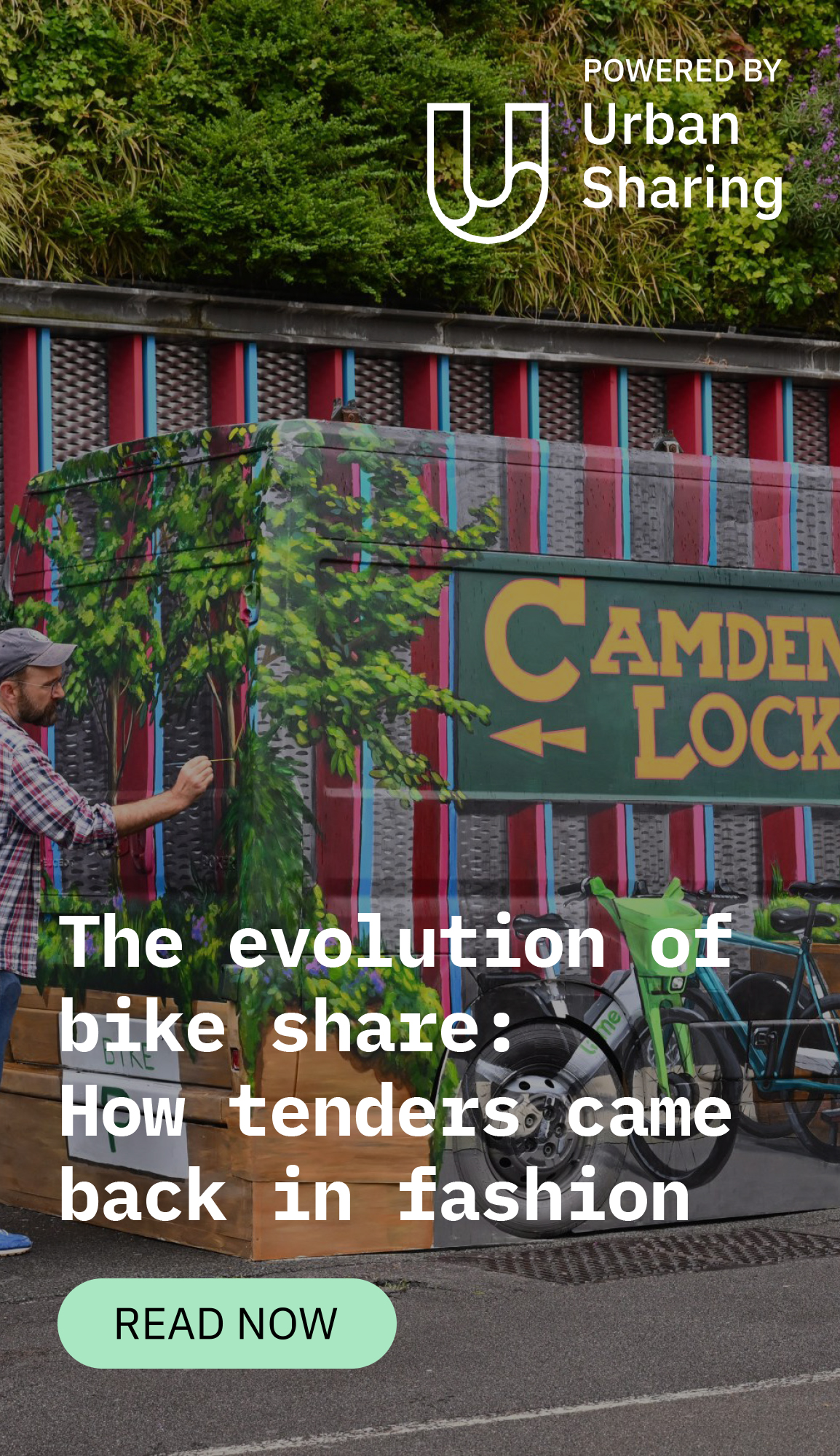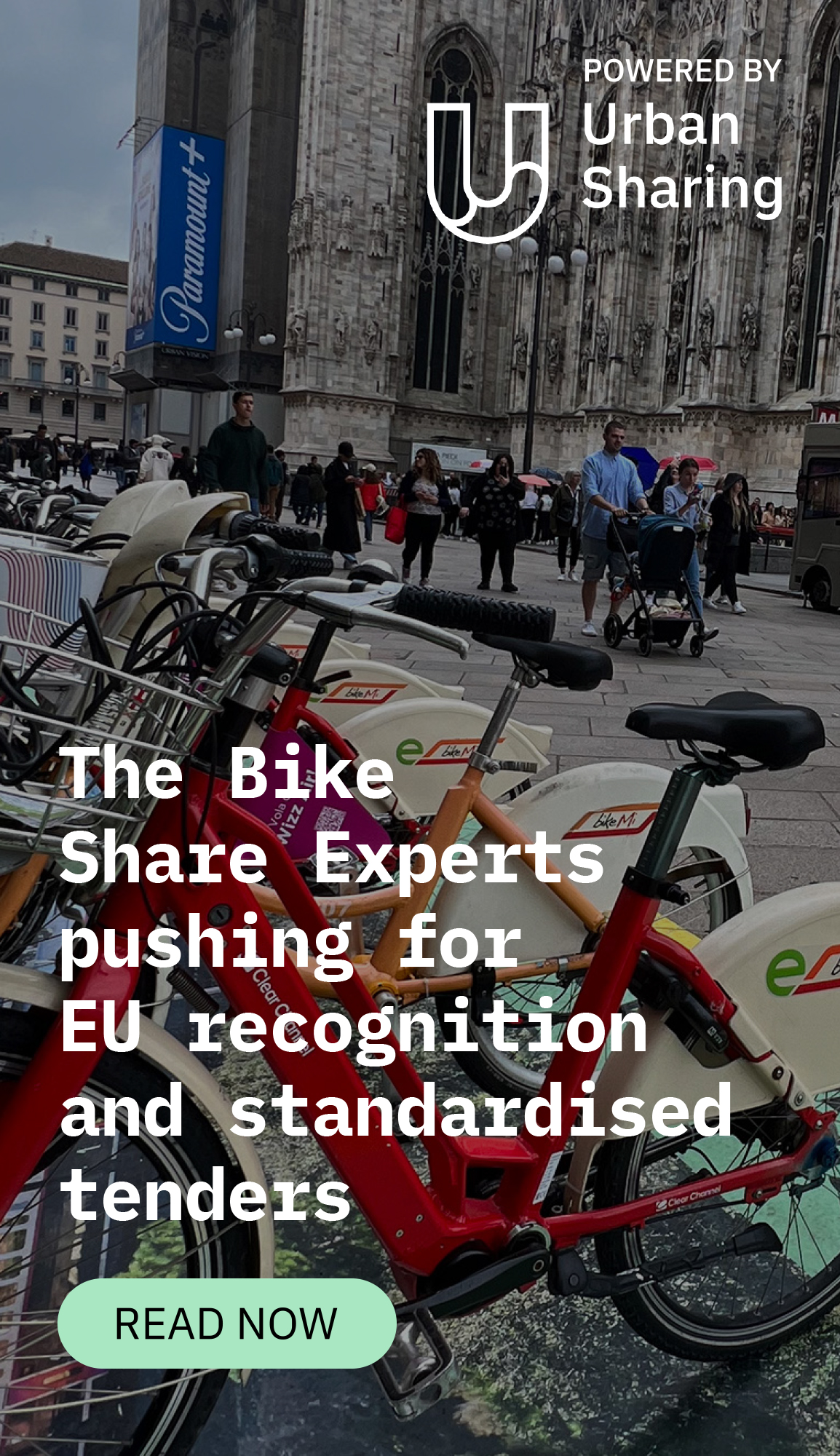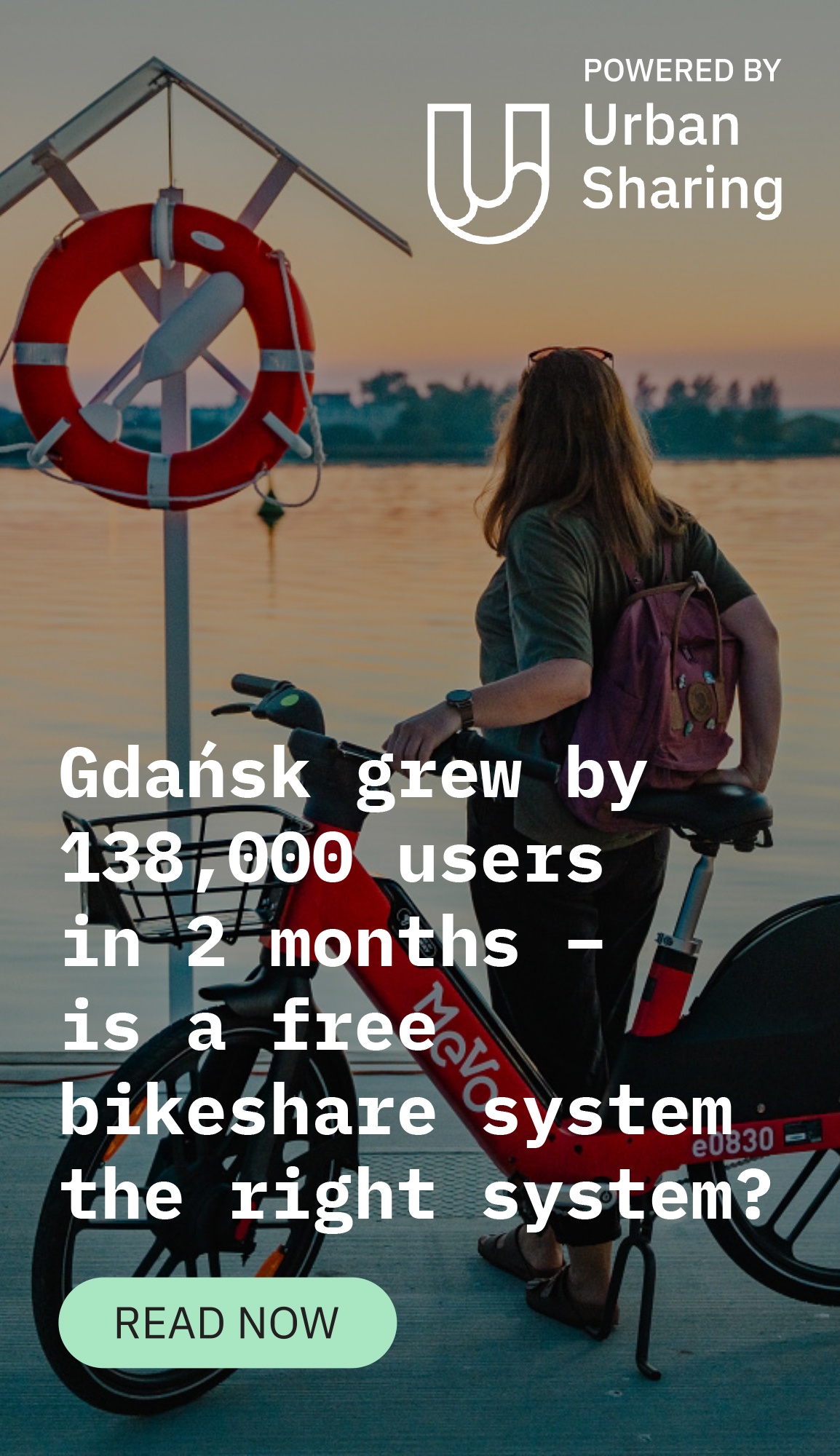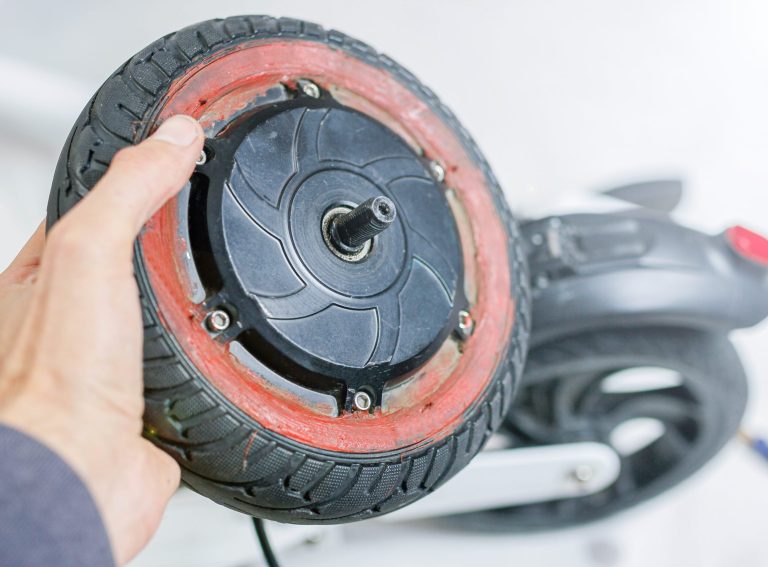Author: Phil Ellis, CEO and Co-Founder, Beryl
In May, the then Transport Minister, Baroness Vere, announced government plans to introduce legislation for the regulation of e-scooters within 12 months. The move is expected to introduce set standards around speed, power and lights, among other things. E-scooters will no longer fall under motor vehicle rules, meaning it will be possible to legally use them on the streets, whether they are privately or publicly-owned.
I believe this is excellent news for shared micromobility providers such as Beryl, for a number of reasons.
Trial success
Our Department for Transport (DfT) e-scooter trial schemes have recently been extended until 31 May 2024 and continue to increase in popularity. Take our scheme in Bournemouth and Poole for example. Earlier this year, we doubled our provision of e-scooters in these areas to over 500, which has helped them to clock up over half a million journeys over almost two million kilometres during 20 months of operation.
The environmental impact of this has been huge. Feedback from users tells us that almost a third of these journeys (31.1%) have replaced road transport journeys, which equates to over 77 tones of harmful carbon emissions saved.
The demand is there, and municipal schemes like ours can continue to flourish alongside private e-scooter ownership. By legalising their use, the government is breaking down further barriers to sustainable transport.
The domino effect is simple, by making e-scooters more accessible it will boost their popularity, which will normalise their presence on our roads. As sustainable travel continues to grow, the call for improvements to infrastructure becomes louder. Crucially, better infrastructure not only improves safety, but also the perception of safety, which encourages even more people to leave their car keys at home.
Shared schemes can co-exist or even complement private ownership. The fact is, shared mobility offers a flexibility and convenience that ownership simply cannot. As an example – our Isle of Wight e-scooter scheme operates over a service area of 34sq km, covering a population of 89,100 residents. With 101 Bays installed, 70, 900 people are no more than five minutes’ walk from a bay, which represents 80% of the service area’s population.
When properly planned and delivered both in partnership with local authorities and in consultation with communities and key stakeholders, e-scooter share schemes can also form an essential part of integrated multimodal urban transport. With funding cuts and the need to spend smarter and achieve carbon reduction targets, micromobility offers sensible solutions to local authorities.
We live in a sharing world
We live in a changing society, where resource-intensive practices such as private ownership by default, no longer make sense. Sharing, whether in cars, e-scooters, or cycles, is increasingly popular. According to a review by Science Direct, younger people tend to view ownership differently and increasingly prefer to share vehicles rather than own them.
Sharing options offer users the benefits of micromobility – enjoyable, time efficient, low-cost transport – without the maintenance and storage hassles of ownership. In an increasingly expensive world, where the cost of living and household bills are rising, the ability to simply pay for transport as and when it is needed will represent a welcome option for many.
Whether for residents or visitors, shared mobility in all its forms answers the call. What’s more, hire and purchase customers differ – whether spatially or temporally. Someone might own an e-scooter at home and hire one while on holiday or a business trip. Others, living in city centres with a docking station nearby, might not feel the need to buy their own.
We don’t have to search far and wide for precedent either. According to Grand View Research, the global e-scooters market size was estimated at USD 20.78 billion in 2021, and the market is expected to expand at a compound annual growth rate (CAGR) of 7.8% from 2022 to 2030. Although growth is mirrored in the UK, we are still playing catch-up to many countries worldwide where private and municipal schemes have coexisted for a long time.
We can also look to shared cycle schemes for precedent. With more than a century of private cycle ownership behind us, public e-cycle and cycle hire have nonetheless expanded alongside a rise in cycling trips and e-cycling over the pandemic. In September 2021, 22,789 cycles were available for hire, according to CoMoUK, across 39 cycle hire schemes, making 41,599 trips per day.
The increasing popularity of cycle subscription services, such as Swapfiets in London, is also interesting. Despite being a form of ownership, these services actually benefit cycle hire rather than compete with it. By offering another option, they’re encouraging more people on to two wheels, boosting the potential market for bike share and reducing car dependency.
Pandemic demands
While cycling levels naturally dropped last year in comparison to 2020 peak coronavirus pandemic levels; this was the smallest decrease of all transport modes as working patterns change and resettle. Cycling, and I would argue e-scooters, are among the most resilient modes of transport, serving the kinds of short trips that dominate our day-to-day movement, many of which are currently dominated by car travel.
Thanks in part to the colossal societal impact of the pandemic on how we travel, and how we view public space and the way we use it; cycling use and cycle sales grew at unprecedented rates over the past three years.
So what now? Well, the purpose of extending the DfT trials is to help the government attain even more information and evidence to help shape the future of this legislation. We, alongside other operators, have a crucial role to play in that not just for shared schemes but also for private ownership.
Our knowledge and experience can help to shape the pathway for the correct legislation and showcase the benefits of the schemes. It’s important that we get this right and ensure that, in the future, we have the correct environment for e-scooters – both shared and private – to flourish.
By doing that, we can help cut congestion, improve public health and reduce harmful carbon emissions.











